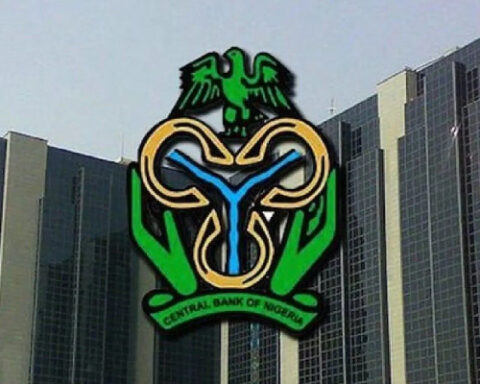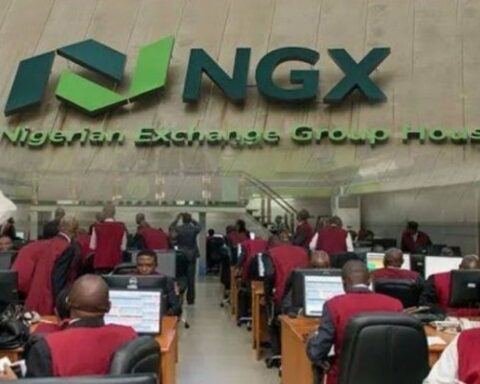The Nigerian National Oil Company Ltd (NNPCL) has assured of petrol supply stability beginning this weekend as marketers adjust to the reality of the new PMS and recaliberate their operations, but it has bad news for the populace: there is no guarantee prices won’t increase again as the Nigerian oil sector is now a deregulated market and in such a market, prices are determined by market forces!
In a statement yesterday (Thursday, September 5), Mr. Adedapo Segun, Executive Vice President, Downstream, NNPC Ltd., explained that the current fuel scarcity is expected to ease off in a few days as more stations begin selling the product.
But he warned that because of foreign exchange (forex) illiquidity, which he described as “a major factor influencing the fluctuation in prices of Premium Motor Spirit (PMS) occasioned by unrestricted free market forces”, which the Petroleum Industry Act (PIA 2021), provided for in Section 205 of the Act as the determinant of fuel prices, the public should not expect any downward trend in fuel prices in the market any time soon.
“The market has been deregulated, meaning that petrol prices are now determined by market forces rather than by the government or NNPC Ltd,” he said in the statement. “Additionally, the exchange rate plays a significant role in influencing these prices.”
Earlier in an Arise TV News interview, Segun hinted of a possible fresh hike when he called for Nigeria to move toward market-based petrol pricing to permanently eliminate fuel queues and –subsidies– which he said the government still pays on the NNPC’s current price of N897 per litre.
On Tuesday this week, the NNPC raised the price of PMS from its former prices of between N568-N617 per litre to between N855- N897 per litre.
Addressing the hike, the EVP said, “If you look in section 205 of the PIA, that’s the Act that gave birth to NNPC Limited, it tells you that petroleum prices or fuel prices were based on unrestricted free market conditions. And so, when you have a situation where fuel prices remain the same, that’s what is unusual. You won’t see that in other climes, where you have prices fixed for a long period.
“It’s actually supposed to move in consonance with changes and market conditions. During the summer months, prices are high because it’s a driving season, in the winter months, prices come down and things like that. So, that’s what the PIA provides for, prices should move with the seasons.”
Acknowledging that while Nigeria is seeing petrol pump price hikes, other countries are getting reductions, Segun said: “You expect to see prices drop in those climes where petrol prices are market based, but the opposite is our situation; we’re not at our full market pricing of PMS yet, and that’s why the behaviour of PMS pricing in Nigeria cannot be compared to those markets where the prices are fully market based.
“And if you’re going to do a comparison, you want to check out the equivalent of those prices that you see in those climes, and compare them to the prices here. You’ll find out that they’re still way higher than the prices we’re offering when you bring them to common currency.”
“It should be a free market, unrestricted market-based conditions…what’s sustainable is the unrestricted free market pricing of PMS. That way, competition takes over, and Nigerians will get the best.
“Everyone will compete for market share, and the quality of service will improve. That feeling of entitlement by marketers or companies in the business will go away because they will compete against each other to serve consumers better,” he stressed.
On the commencement of lifting PMS from the Dangote Refinery, Segun said the NNPCL is awaiting the Sept. 15 timeline provided by the refinery, adding that the state oil company would supply a total of 17.6 million barrels of crude oil to Dangote Refinery between September and October 2024 as part of the federal government’s push to drive local production of petroleum products.
“We have supplied about 30 million barrels of crude oil to Dangote Refinery so far, and this month alone, we will be providing 6.3 million barrels of crude oil to the refinery in seven cargoes.
“In October, we will be providing another 11.3 million barrels of crude oil to Dangote refinery in 13 cargoes. We are doing everything possible to ensure this situation normalises,” he said.
According to him, the NNPCL has about 1,000 fuel stations nationwide and is collaborating with marketers to ensure that stations open early and close late to maintain adequate fuel supply to meet the needs of Nigerians.
“We are also engaging relevant authorities to ensure product diversions are prevented and timely deliveries to all stations are ensured.
“The scarcity should ease in the next few days as more stations recalibrate and begin operations,” he said.



























